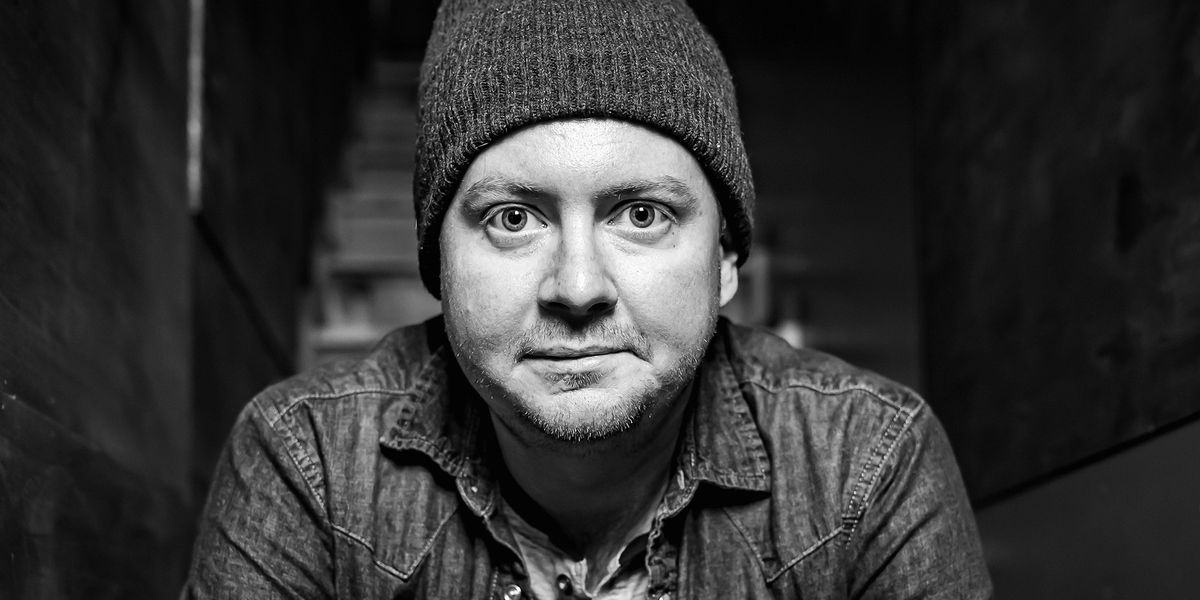Back to Paradise: A Tulsa Tribute to Okie Music is out 28 August via Horton Records. The sprawling collection gathers some of the finest music written by Tulsa musicians, ranging from JJ Cale to the Gap Band and Leon Russell. Oklahoma musicians John Fullbright, Jesse Aycock, and several others gathered at Leon Russell’s now-defunct Paradise Studio in Grand Lake, Oklahoma, to track material over four days in early 2020. The result is a deeply memorable, often soulful examination of the music that made the place.
Fullbright’s take on Russell’s “If The Shoe Fits” is deeply funny and a fitting tribute to a man who pioneered a sound and a scene. “I think it’s funny, tongue-in-cheek,” says Fullbright. “The handful of us have done this long enough to get a kick out of the song.”
How aware were you of the Tulsa scene of the 1970s when you were growing up?
I feel like I found it more as an adult. I knew about Leon Russell, and I knew that Hanson was from Tulsa. I mostly focused on the “Okie From Muskogee” side of things. All the country stuff was my focus. Finding out about Hoyt Axton, Roger Miller, all these great Okies that were part of pop music, was important. Then I got into Tulsa and saw that it was an epicenter.
A lot of music from Tulsa is made to make you dance.
It’s in the rhythm section. If I were to brag, I’d say our bass players and drummers are really locked in. A drummer or a bass player could find themselves in seven or eight different bands with seven or eight different styles of music.
There’s a generation of musicians that you came up with that seemed to take pride in being from Oklahoma, you weren’t taking off for LA or New York. Was the Tulsa scene an inspiration for that?
Not necessarily for me, that came later. It’s the first community I’ve ever had, honestly. I’m very inspired by it now.
There’s a real connection between the Tulsa sound and the Bakersfield sound.
You could draw a straight line. I joke that everybody in California says they have a great aunt that lives in Oklahoma.
When did this project present itself?
It happened so fast. There was an efficiency and speed that was really remarkable to me.
How did everyone decide what song they’d do?
Everybody threw songs into the center, and people grabbed what they wanted to do. Other people had suggestions for songs that they would want to do. It was loose. “What do you feel like you want to play?” I decided I was going to do “If the Shoe Fits” on the way to the studio. I didn’t know it. I had to learn it. But I love that song. I threw out “Jealous Man” after the fact. Five minutes later, we were recording it. We did it in one take. That’s how this project was.
The unsung hero in this project is Jason Weinheimer. He’s the reason that everything worked so efficiently and why it sounds as good as it does.
What did you see and feel going into Paradise Studio?
It’s like going into Graceland. You can see that this was the place to be in 1972. Everything’s stuck in amber. There are a lot of untold stories in every corner of that place. There’s no recording equipment in the room anymore. We had to make it like that. Jason brought every stitch of equipment in his car. He built a makeshift studio there. There was nothing to work with but the room itself.


